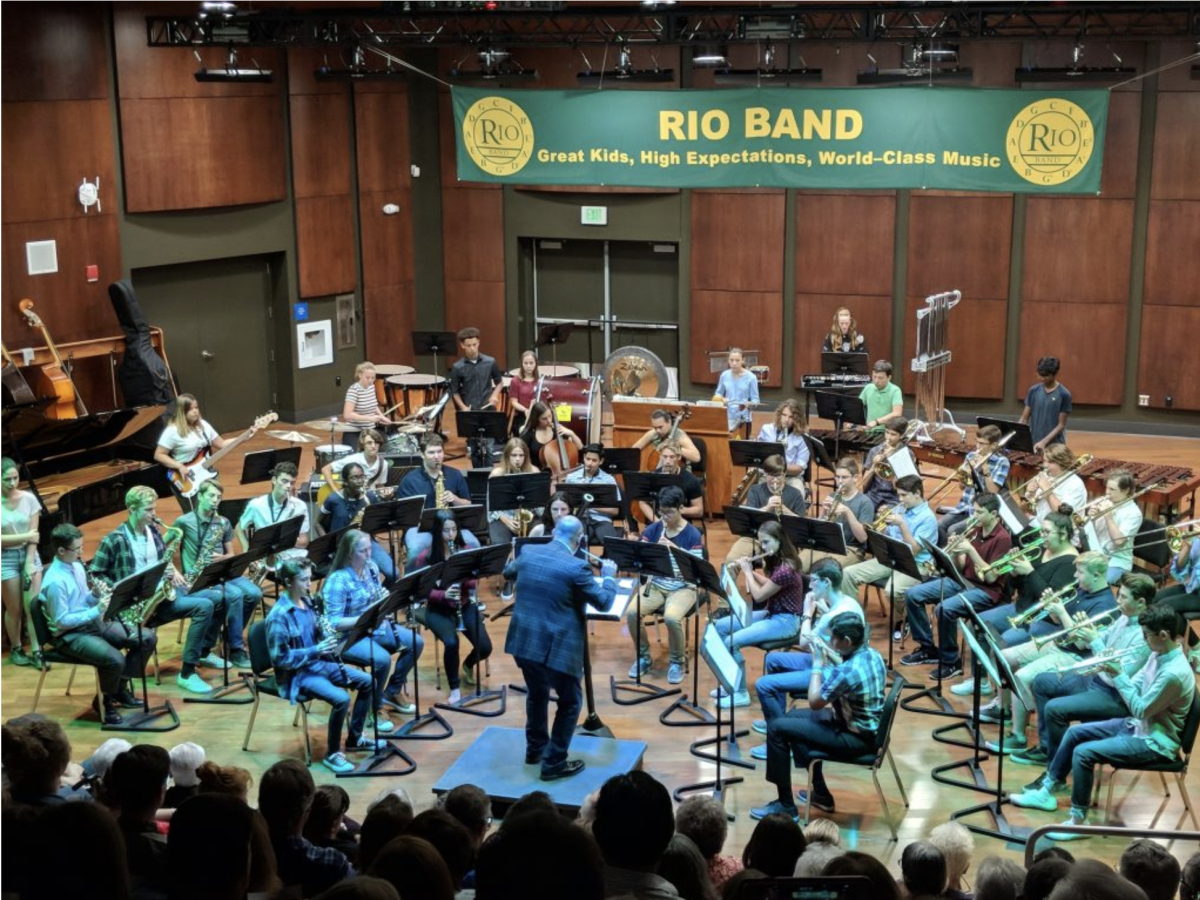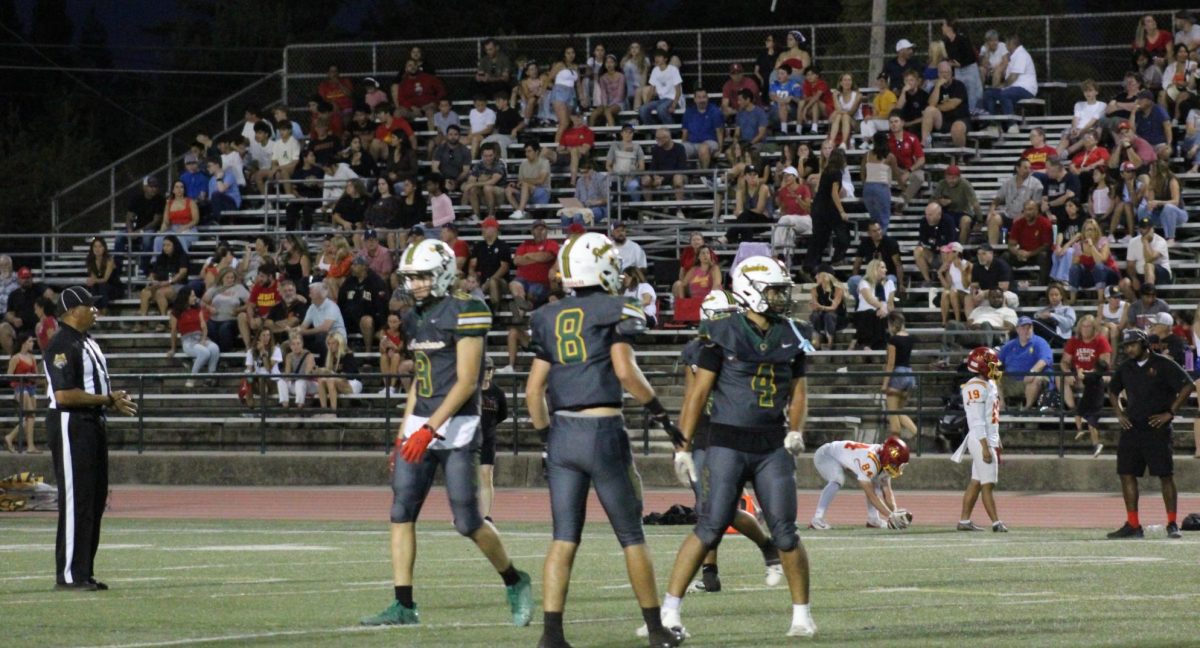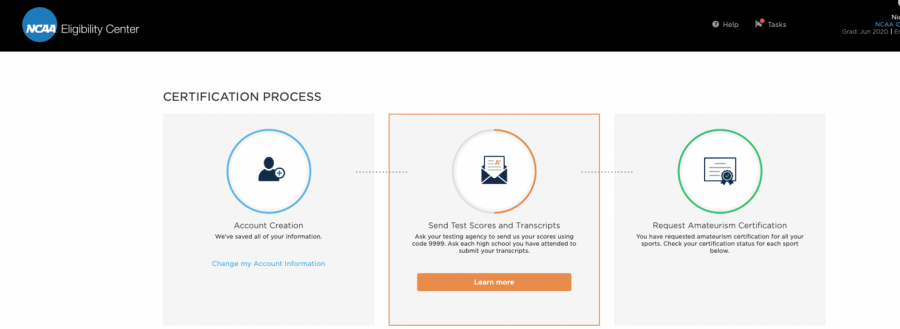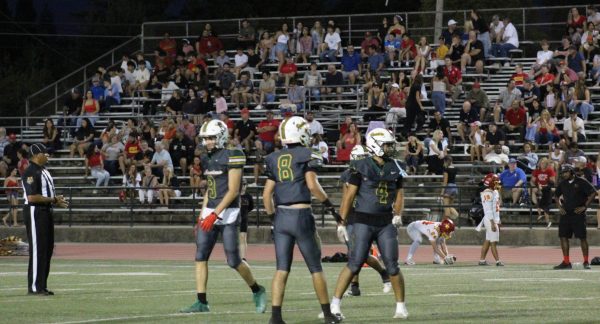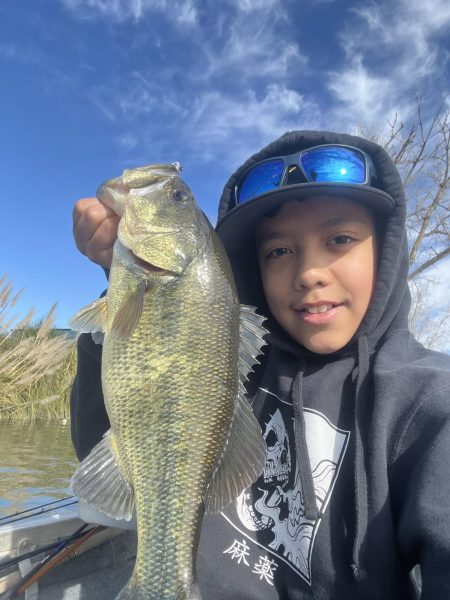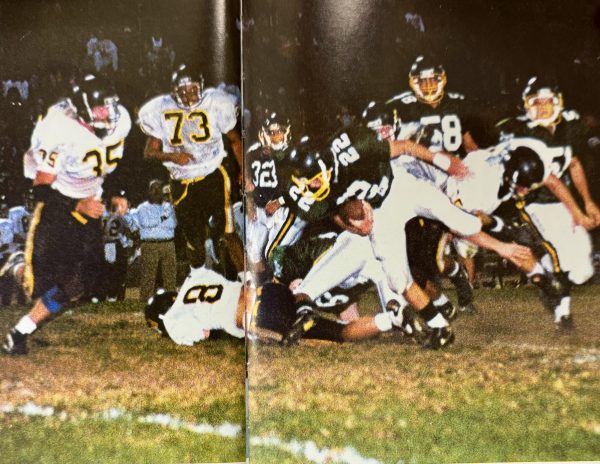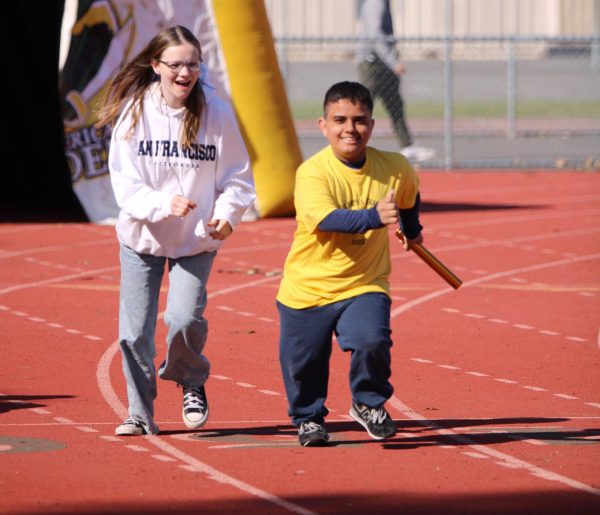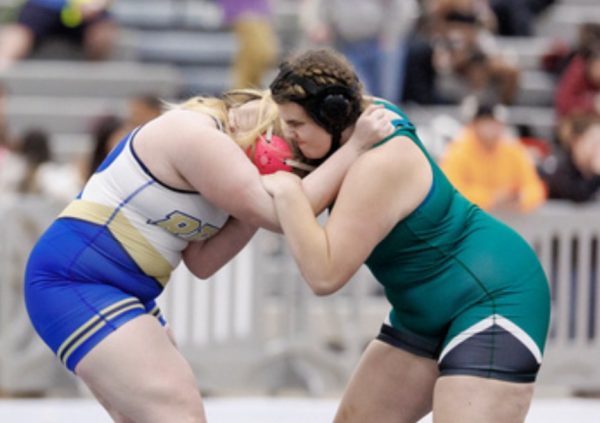NCAA Allows College Athletes to Get Paid — But There is a Catch
Photo By Nicolas Gorman
After years of back and forth, the NCAA has finally begun to support the idea of student-athletes profiting from their own name, image and likeness.
While this should be seen as a win for many, the association that has constantly dropped the ball in year’s past, and somehow found a way to do the same here, even when doing the right thing.
First, let’s take a look at the positives. The top governing body’s proposed changes outlined last week included granting athletes the ability to make money through endorsement deals from various third-party companies. It would also allow them to profit off their social media, monetize books or running a sports camp just to name a few possibilities.
One controversy involving an athlete and making money was Donald De La Haye, a kicker for the University of Central Florida. He owned a YouTube channel he had made when he was a teenager and continued making videos while at the university.
When the NCAA realized this, they told him to demonetize his own videos. He was faced with the choice of either finishing his education giving up the game he loved to make videos.
De La Haye chose the latter and has become extremely popular for not only that decision but also his speaking out against the NCAA. There are multiple other similar instances to this.
Under this new rule, people like De La Haye could continue making videos and profit off their own name, image and likeness.
Is this a step in the right direction? Of course. Will I applaud them for it? Absolutely not. Under the new rule, athletes could not wear school colors or logos throughout their endorsements. How hard is it to simply allow players to make money off their university just as much as the university makes money off of them?
I am not saying that the universities should directly pay athletes, as that would cripple already struggling athletic departments. However, would Clemson quarterback Trevor Lawerence appearing in his Tigers uniform in a State Farm commercial hurt or help the university? I choose to believe the latter.
Going along with their archaic thinking, defenders of the NCAA point to the original meaning of the word “amateur”. They claim that it is a collegiate athlete playing for no monetary gain.
While this may be true for newer definitions of the word, it was first defined as an extremely wealthy man who did not need to work, so he instead played sports. It is ironic that now the wealthy are the ones in the owner’s box overseeing the players.
Through all of this, the NCAA’s biggest mistake is not allowing the return of the incredibly popular NCAA Football video game series.
Since it’s death in 2014, that final game has accumulated a massive following, with people spending hours on end every year creating the current rosters for all 130 teams. This was a wide-open layup that, again, college sports’ governing body failed to put in.
While players and fans alike should be happy about these rule changes, they need to continue to put pressure on the NCAA to change.

